Search for ‘a guide for autism students’ and you’ll probably find a whole bunch of resources for teachers. But as a student with autism, you need to know what options are available to you that will help you manage your education alongside your disability. After all, you’re facing some unique challenges that other students won’t experience in the same way. That’s why we’ve created this guide for students with autism. We’ll explore the options available to you, such as the best schools for extra autism-focused support, and the types of funding available to help pay for your education.
Attending College with Autism
To understand how autism could impact you and your studies at college, we looked at some first-hand reports of students with autism who have studied for a degree or another course at the same level. The general consensus was that it’s a challenge compared to high school and general life for several reasons. Some students talked about their self-awareness around being slower with certain activities, like getting ready in the morning, moving from one activity to another, and writing lengthy assignments.
Autism can make different activities harder for you than they would be for somebody without the disability. The mental processing involved in things like planning, organizing, multitasking, and time management can all be more draining for you. As you’ll know, it’s easy to miss social cues and encounter misunderstandings, and to struggle with communication.
When you take into account that these are all common occurrences and skills that you’ll need at college, it’s easy to see why it can be a daunting experience. Thankfully, there are so many colleges across the U.S. offering support structures on and off campus that can make the adjustment period easier on you.
Post-Secondary Education Requirements

To get yourself enrolled in a post-secondary program, you’ll need to be able to show that you’ve successfully graduated from high school. Most colleges and universities will ask for a copy of your high school transcript as part of your application, as well as other supporting documentation. Without evidence of a completed high school level education, you won’t be eligible to enroll in a degree program. But if you didn’t graduate from high school, it’s not the end of the road; you can still get the qualifications you need to move on to college.
What if You Didn’t Graduate High School?
If you didn’t finish high school, all is not lost. You can still get something called a GED (General Educational Development) by studying in your own time and then taking an exam. You’ll have to pay a fee and manage the process yourself, but you’ll have access to all the study materials you need to be successful. Successfully passing this exam leads to a high school equivalency for adults who never got their high school diploma, meaning that you can use it to apply for a college level education.
Colleges and universities accept a GED in place of a high school diploma and you can take the GED at any age—provided that you’re at least 16—even if you never finished high school. If you don’t have a high school level education, here are the steps you’ll need to follow to get your GED first:
1. Review GED requirements for your state
The minimum age for taking the GED exam is 16 across the country, though some states require you to be 18 years old. Additionally, the fees associated with booking an exam can vary from state to state. If you navigate to GED.com, you’ll be able to view the requirements for each state and the state in which you live.
2. Preparative study of GED classes
You shouldn’t dive into your GED without preparing first. There are numerous resources online that can help you study for the exam, some of which are free. For example, The GED Testing Service gives you free practice exams and other study resources so that you can work through at your own pace. Try searching online for other free resources that can help you study for the exam.
3. Register for the test online
When you’re ready to register for the GED, head to the website we listed above and create an account with your personal details. When you’ve done this, you’ll be able to log in, choose the subjects you’d like to take, and choose a test center near to you. There are centers across the U.S. so finding one that is close by shouldn’t be too much of an issue.
4. Take the test
The GED is made up of four different sections and allows 150 minutes to complete the language arts section, 115 minutes for math, and 90 minutes for social studies and science. Completing all the required questions on the GED exam takes around 7.5 hours, but don’t worry; you can take as many sections as you feel comfortable with during each sitting. As a student with autism, you should consider breaking it down into as many sessions as possible, particularly if you struggle with organization and concentration. You may also be able to get special accommodations, such as extra time in each exam sitting.
5. View your results
To succeed in your GED, you’ll need to score at least 150 on each of the four sections. It’ll usually take around 3 hours for your GED result to appear online in your account. In most cases, you’ll be able to login and see the outcome on the same day. If you didn’t manage to pass the exam, you can retake it again, though there is a fee attached for doing so. Again, the GED website will advise you on the retake fees for your specific state.
Funding Your Post-Secondary Education

The average cost of college is constantly increasing, having recently passed the $20,000 mark—and that’s just for one year! Most students won’t be able to cover the cost of their own education, nor will their family, so for the majority of students attending college, some financial help is needed. By and large, this funding comes from student loans, which are available through Federal Student Aid. However, other types of funding can be found if you look in the right places—but first, we’ll look at what federal funding is.
Federal Student Aid
Federal Student Aid is available to most students across the U.S.—bar some restrictions for incarcerated people—and submitting an application is easy. You’ll need to fill out a Free Application for Federal Student Aid, or FAFSA. Once you’ve done this, you may be eligible for either a Pell Grant or Federal Supplemental Education Opportunity Grant (FSEOG). The money for such funding comes from a fund of more than $120 billion that the U.S. government sets aside each year for students.
By submitting your FAFSA, you may also find yourself eligible for other funding from different institutions across the country. Colleges and universities use information submitted on the FAFSA to determine your eligibility for other institution-specific funding. Just remember, you’ll need to submit the form again each year that you’re enrolled on your course, otherwise you could lose your student funding.
Making an application for federal student aid doesn’t cost you a thing—it’s completely free, exactly as the name suggests, so you’ve really nothing to lose by submitting the information that it asks for. You may find that you’re eligible for funding that you otherwise wouldn’t have received.
Scholarships for Students With Autism
There are many colleges and universities offering scholarships for those with autism—and with other disabilities, too. When you apply for these scholarships, you’re not going up against non-disabled students, so essentially the competition for this funding is reduced. You will need to provide some information that wouldn’t ordinarily be asked of you for a regular scholarship, such as proof of your disability and often an essay explaining how you’ve overcome a challenge. However, these tasks can be achieved by speaking to those in your support network and it’s a small price to pay for financial support that will help you to get a college-level education.
1. Fred J. Epstein Youth Achievement Award
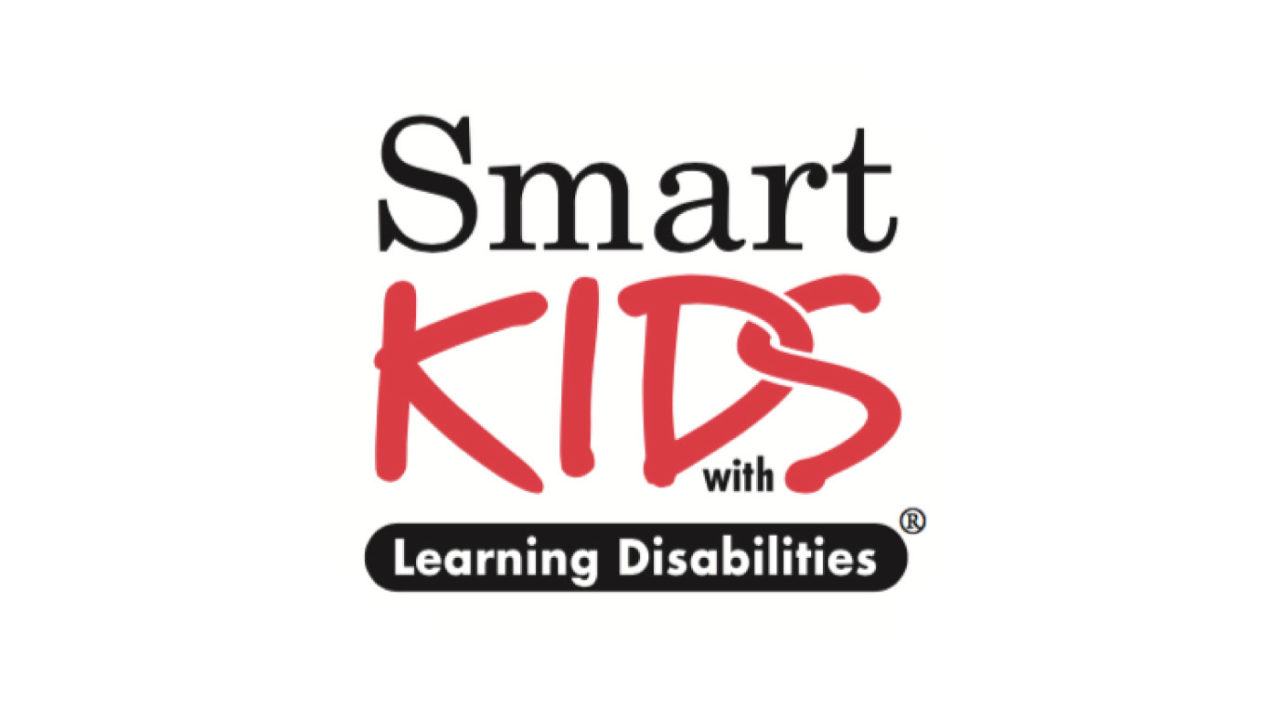
Made available by Smart Kids with Learning Disabilities. This Fred J. Epstein Youth Achievement Award is designed for students with learning disabilities. You’ll be asked to write a personal statement detailing how you’ve overcome the challenges posed by autism. There’s $1,000 available and the deadline for applications is January in the year prior to school enrollment.
2. The Disability Awareness Scholarship

One student can be awarded the Disability Awareness Scholarship for an amount up to $1,000. Applications need to be made by January and you’ll need to submit a 500-1,000 word essay that explains how you overcame adversity to achieve something. As a student with autism, this essay should be related to your autism diagnosis and the unique challenges that you face.
3. The Google Lime Scholarship
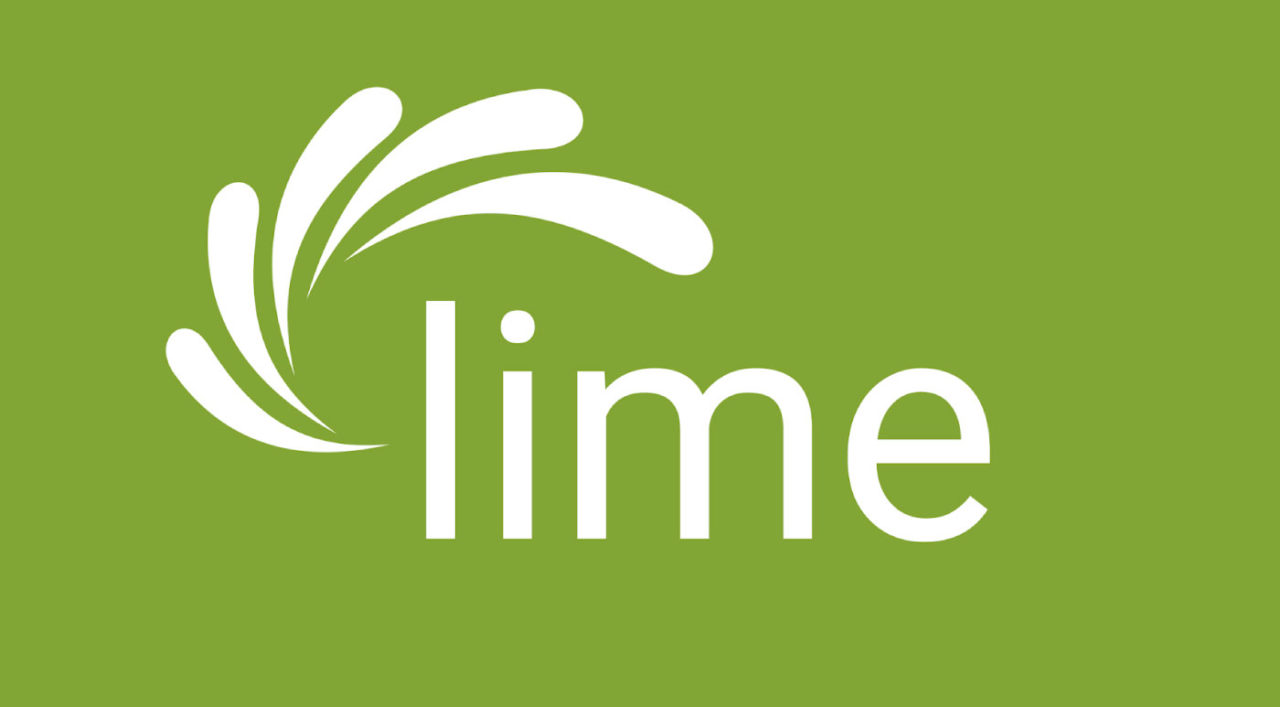
High-achieving students with a disability who are specifically studying towards an IT or computer science degree can apply for this scholarship. Depending on your locality, there’s $5,000 available for Canadian students or $10,000 for U.S. students, and there is more than one award available for prospective applicants. The deadline for this award is January, too.
4. The Adults with Autism Scholarship

Introduced by Autism Delaware, the Adults with Autism Scholarship is a $1,000 award that’s granted to students with autism who have been accepted into a college, community college, or trade school program. With an application deadline of March, you’ll need to provide a cover letter, two letters of recommendation, an ASD confirmed diagnosis, and other information.
5. Autism Society of Iowa Chapter
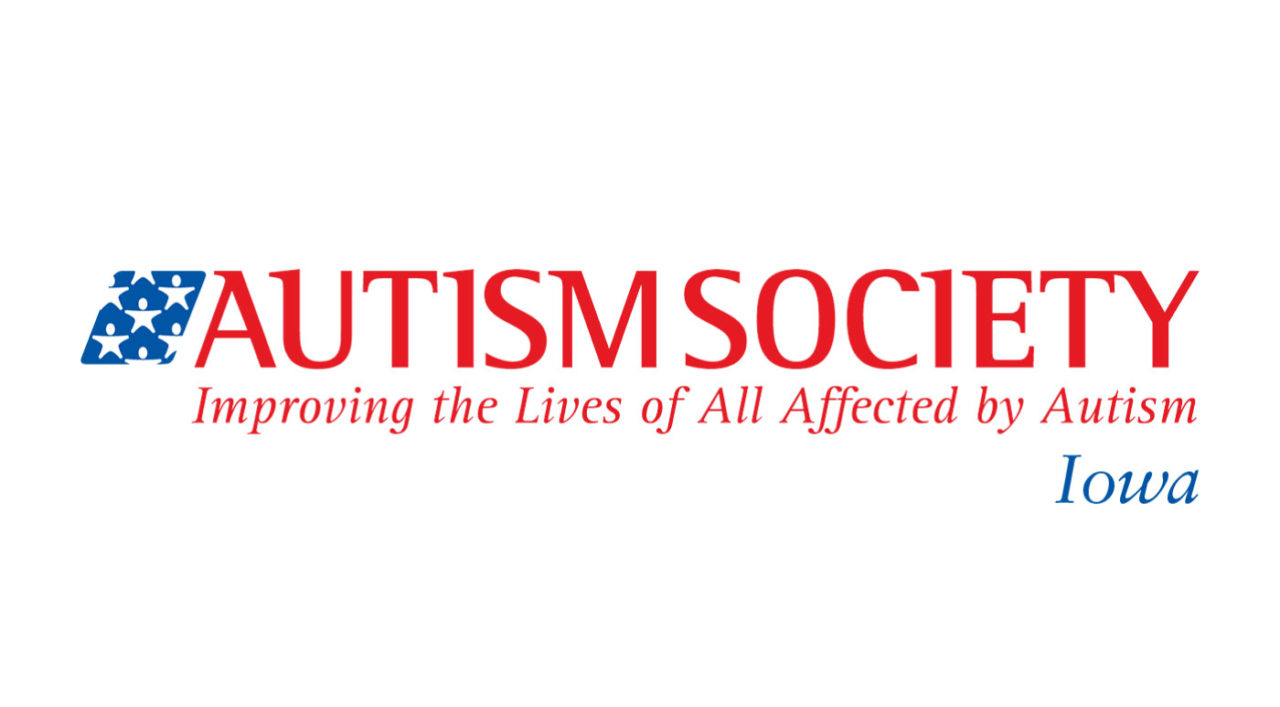
If you’re a student with autism who lives in Iowa, then you may be eligible for one of several scholarships from the Autism Society of Iowa Chapter. One award is offered to students who will be studying a practical, technical qualification, while another is given to students who intend on working in the field of autism or autism research after graduation. A third, general scholarship is also available for other students who don’t fall into the above categories, as well as a graduate scholarship, too. The awards are all around $500 per accepted applicant, and you’ll need to apply by March.
6. Incight Educational Scholarships

Incight Educational Scholarships focus on financial aid for students living with disabilities. They work to improve the transition from education into employment and training, whilst maintaining independence. The good news is that the company can offer around 100 scholarships each year, with $500 available per successful applicant. Students with a range of disabilities can make an application before the deadline of March, providing you are enrolled in a post-secondary program at the point of applying.
7. P. Buckley Moss Endowed Scholarship
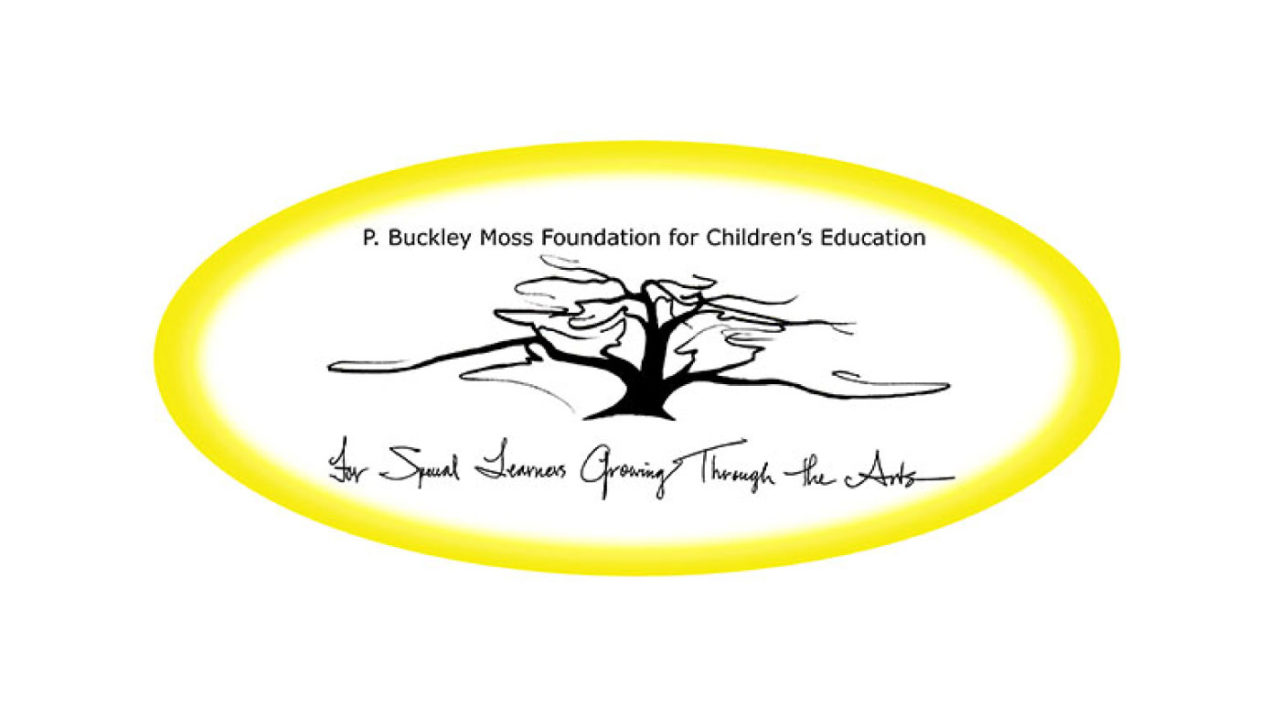
If you’re applying for a program in the field of visual arts, then the P. Buckley Moss Endowed Scholarship is designed for you. You could receive as much as $1,000 towards the cost of your studies, plus this scholarship is renewable for up to four years. There is an element of needs-based assessment here, so you’ll have to be in considerable financial need, as well as having been accepted into a program related to visual arts that lasts four years. The application deadline for all students is March.
8. Disability Scholarship Program

To apply for the ‘Disability Scholarship Program’, you’ll need to write an essay that describes how you overcame a challenge related to your disability. As only one scholarship is offered per year, you should spend time refining the essay and have it checked over by a family member or friend. This scholarship is offered by a law firm based in Michigan and pays $1,000, with an April deadline for applications.
9. The NBCUniversal Tony Coelho Media Scholarship
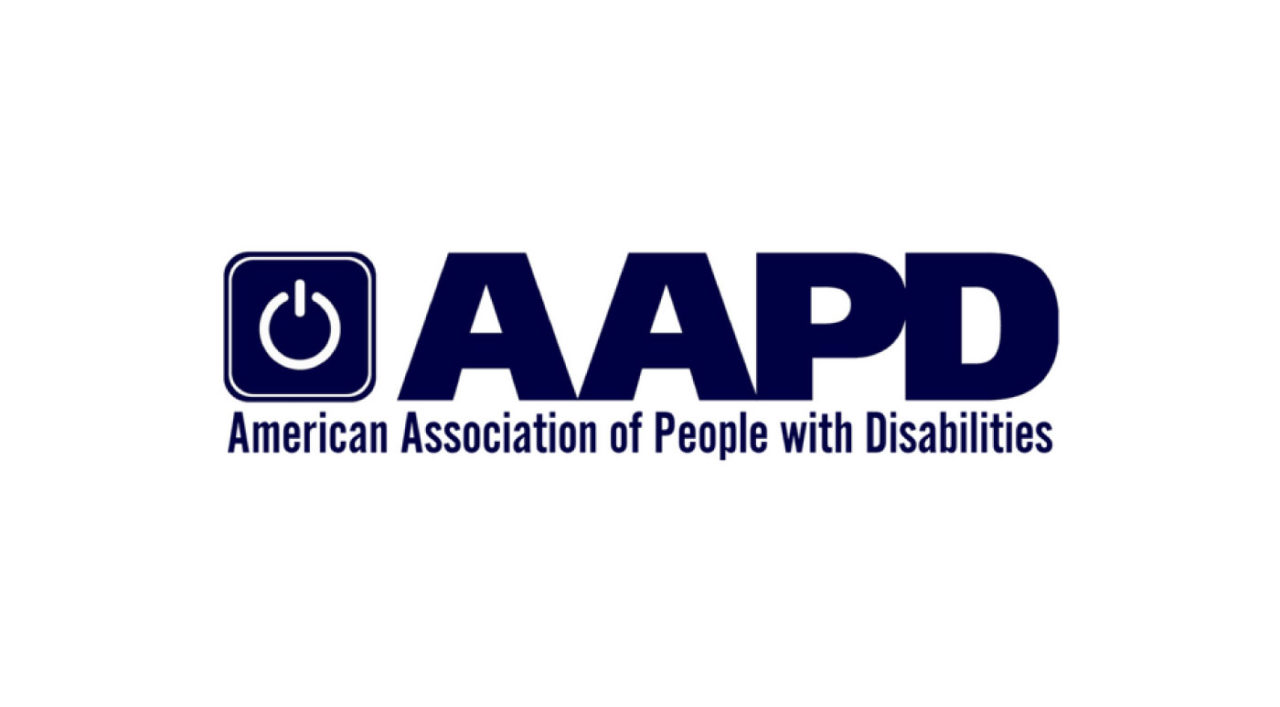
This scholarship is available to those who have chosen to study a communications or media-related degree program—and it’s open to those already partway through an associate degree or who have completed a graduate program previously. You could be awarded up to $5,625 thanks to the American Association of People with Disabilities (AAPD), provided that you apply by the April deadline. There is more than one scholarship available each academic year.
10. The Jacob Trotter Memorial Scholarship (Wisconsin only)

To apply for this scholarship, you must be a resident of Wisconsin, living in either Columbia, Crawford, Dane, Grant, Green, Iowa, Lafayette, Richland, Rock, or Sauk county. If you’re successful in applying, you’ll receive $500 towards the costs of your education. Applications need to be submitted by the April deadline, you must have had an ASD diagnosis, and be accepted into a post-secondary program or vocational training.
11. The KFM Making a Difference Autism Scholarship

This scholarship is named after Kerry Magro, who grew up with ASD and ultimately became an author and motivational speaker who supports those with similar diagnoses. There is $500 available to those who apply and are accepted by the program, provided you apply by the deadline of May. You’ll have to write two essays as part of your application, and submit a cover letter, too.
12. The Lisa Higgins Hussman Scholarship

These larger than average scholarships of $3,000 are available to students with an ASD, who are entering into a post-secondary or vocational program of up to four years (with two-year funding also available). You’ll need to be able to provide evidence of your diagnosis in order to apply, and applications must be made by the deadline of May.
13. Schwallie Family Scholarship
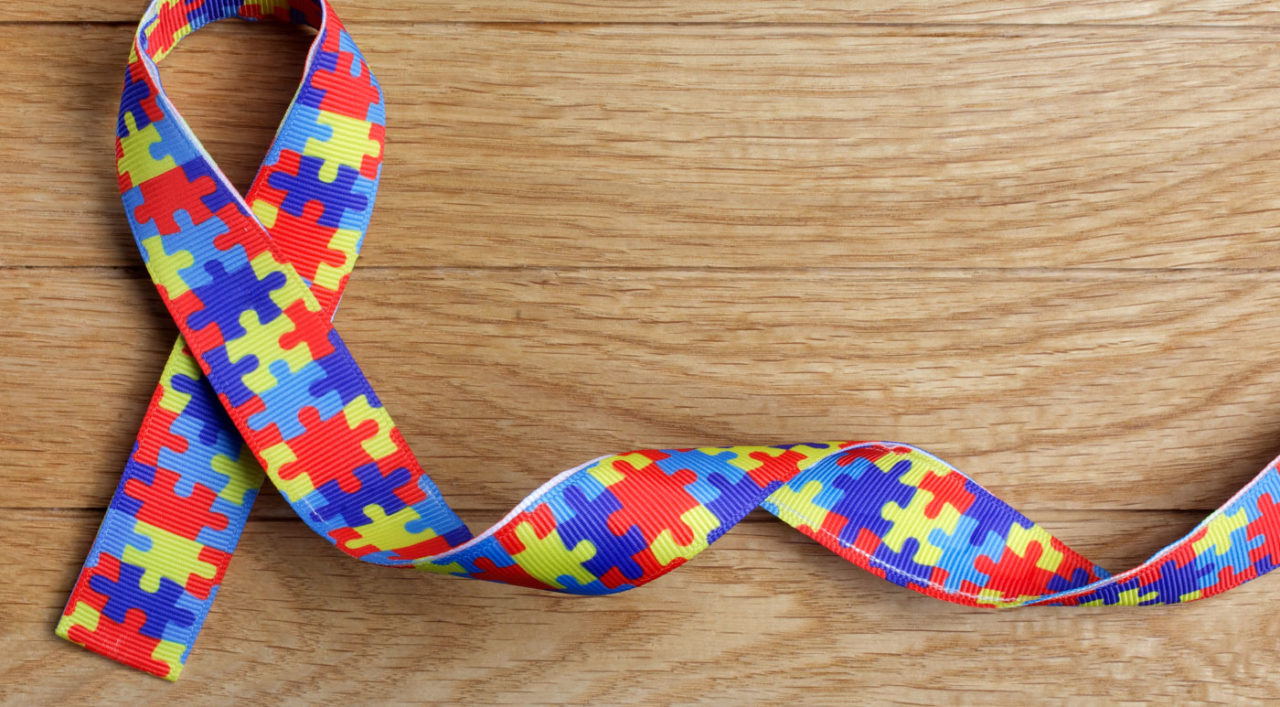
The Schwallie Family Scholarship awards more than one scholarship per year of up to $3,000. The fund was established by a former board member of the institution and continues to support those with a confirmed ASD diagnosis. You can apply by May each year, provided that you’re enrolled in a two or four-year program at an accredited college or university.
14. Kelly Law Team Autism Scholarship

Students who are successful in applying for a scholarship from this fund will receive $1,000 towards their education costs, with an application deadline of June. To apply, you’ll need to be age 16-30 with a confirmed ASD diagnosis, and the funds go toward the fees for enrollment in a college-level program. Alongside your application, you will need to write an essay of 650 to 800 words centered around your disability and how you overcame a challenge.
15. Mays Mission Scholarship

The Mays Mission Scholarship has been helping countless students with disabilities to afford college for more than thirty years. Up to seven students each year are awarded varied sums of cash toward the cost of attending college. The catch is that you’ll need to have scored 18 or more on the A.C.T or 870 on the S.A.T to be eligible to apply by the June deadline. You will also need to submit evidence of your attendance and continued study each year to renew the scholarship, as well as transcripts of your grades. If you drop below a 2.3 G.P.A, then you might lose the funding.
16. Avonte Oquendo Memorial Scholarship for Autism
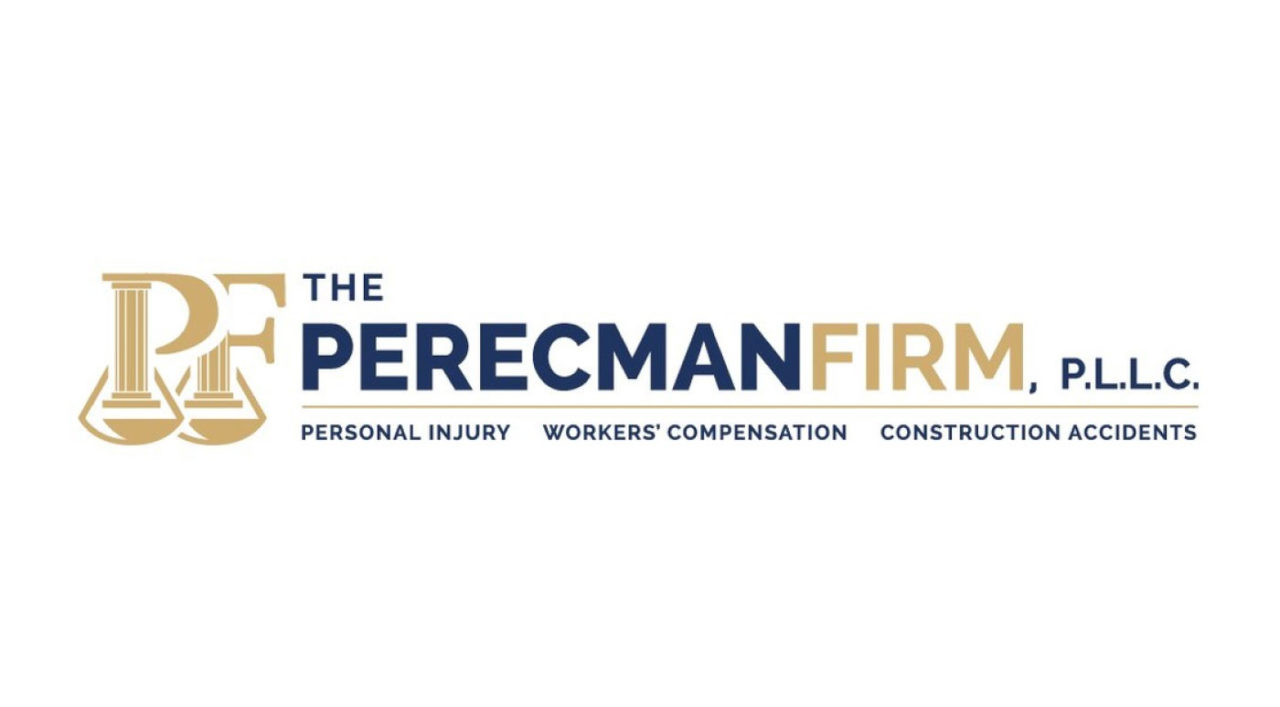
This is another scholarship named after a notable person with autism, Avonte Oquendo, who went missing from his school at the age of 14. Set up in his memory, this award offers $1,000 to students who are accepted by the program. To be eligible, you or a close family member must have an ASD diagnosis. You will also need to be a student at an accredited post-secondary institution. The Perecman Firm, who run the scholarship, ask that you submit a personal essay of 500 words on a prescribed topic when you apply. Applications must be received by the deadline of July.
17. AAHD Frederick J. Krause Scholarship on Health and Disability

Whether you’re studying for a graduate or undergraduate education, this scholarship awards up to $1,000 for successful applicants who have applied by the November deadline—though only one award is offered. Eligibility also requires that you’re enrolled in a program that is related to health or disability, including public health or health education for example. The hope is that you’ll be pursuing a career after graduation that improves the lives of those suffering with short or long-term ailments or disabilities.
18. Allegra Ford Thomas Scholarship
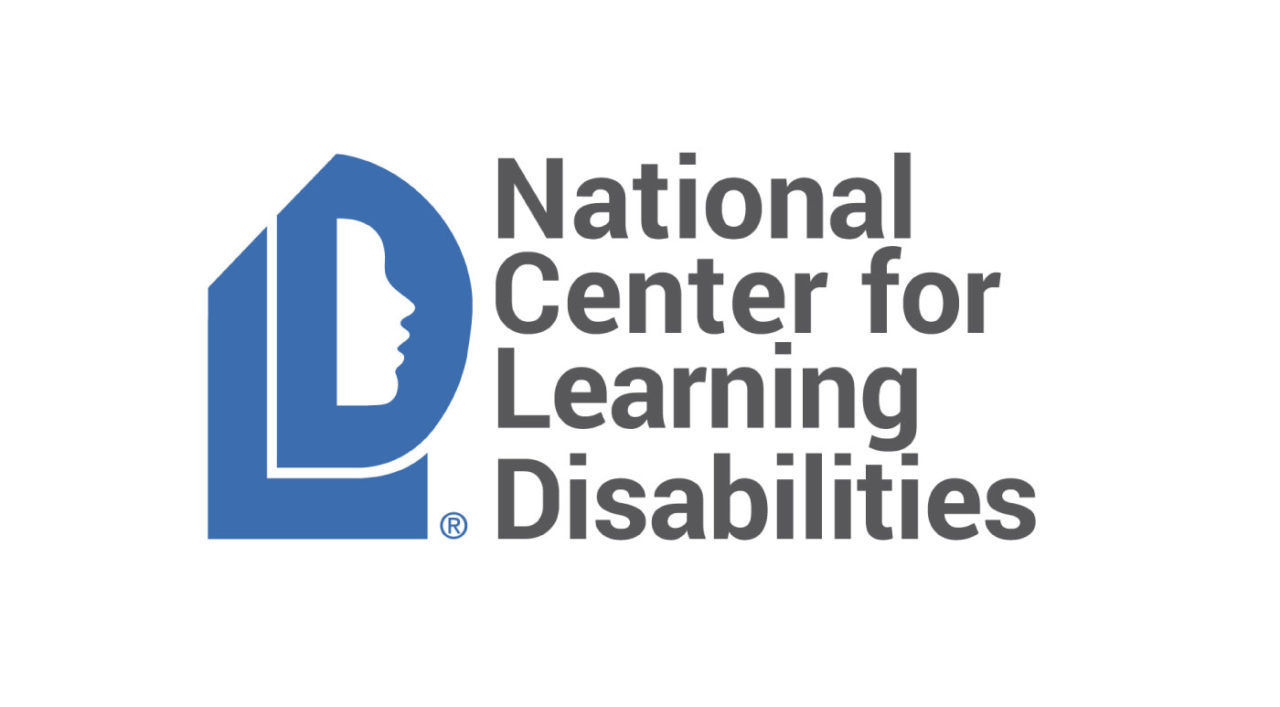
This is a non-renewable scholarship that pays $2,500 to one student who is living with an ASD and who has been accepted into a vocational training course or two-year community college program. As part of the application process, which closes each December, you’ll need to talk about your disability and the impact that it has on your life. There is a heavy preference towards applicants who are in significant financial need.
19. Anne Ford Scholarship
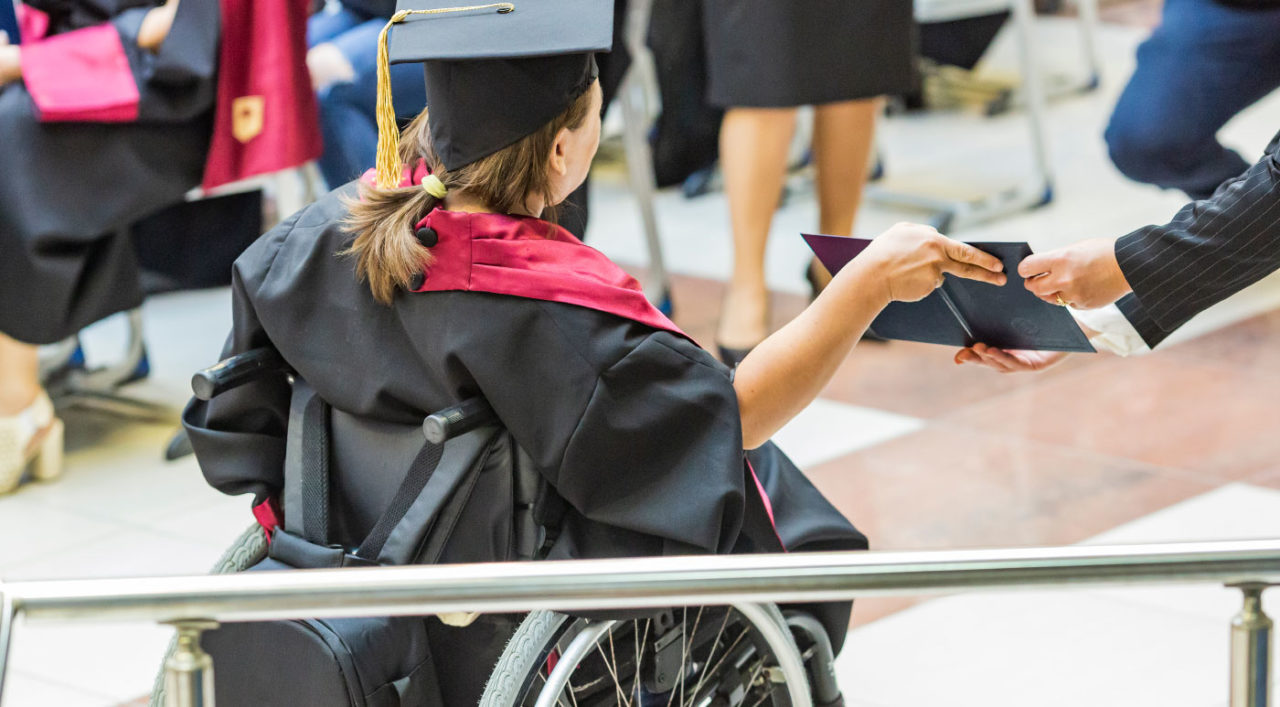
Offered by the same organization as the Allegra Ford Scholarship, this award is slightly different. Unlike the former award, this scholarship is renewable each year of study, offering up to $2,500 per year for successful applicants — a total award of $10,000 for four-year programs. You will need a minimum GPA of 3.0 to be eligible for the scholarship, and be diagnosed with an ASD or other learning disability. Applications for this award close in December and you must be a U.S. citizen to apply.
20. BMO Capital Markets Lime Connect Equity Through Education Scholarship

Available to either undergraduates or graduates, the Lime Connect Equity Through Education award offers $5,000 to successful, Canadian applicants, or $10,000 to students within the U.S. To apply, you’ll need to have a diagnosed visible or invisible learning disability, and there are other restrictions, too. You must be enrolled in a program that relates to business, physics or engineering, statistics, or math. What’s more, if you plan on a career in financial services, then you may be at a greater chance of being accepted for the award. You must submit an application by October.
21. Science Graduate Student Grant Fund
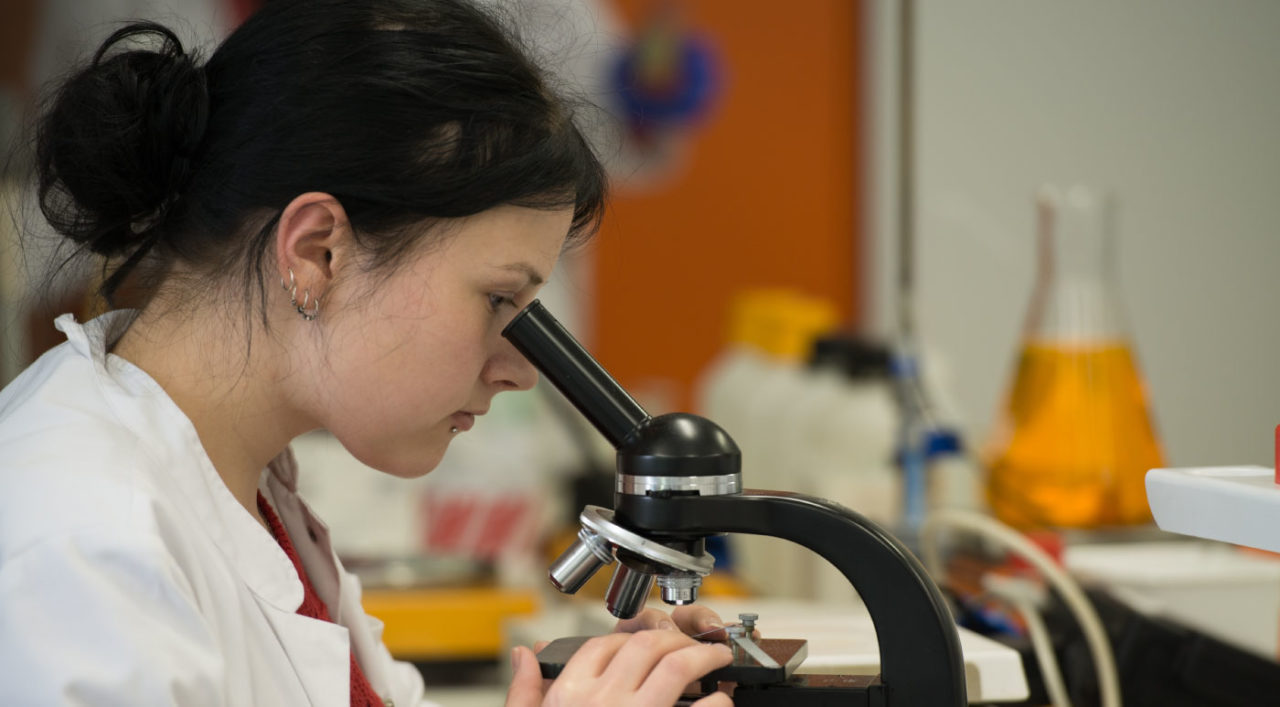
This scholarship makes a $1,000 award available to a single student within each academic year. Like some of the other scholarships, the focus here is on those who will be entering a field related to math, science, and engineering, or dental and medical fields. Graduates or undergraduates may apply by the December deadline providing they have an ASD diagnosis, as well as at least two letters of recommendation. Alongside your application, you’ll need to provide a personal essay of around 250 words that talks about your career plans after graduation.
22. Will Rogers Memorial Scholarship Fund
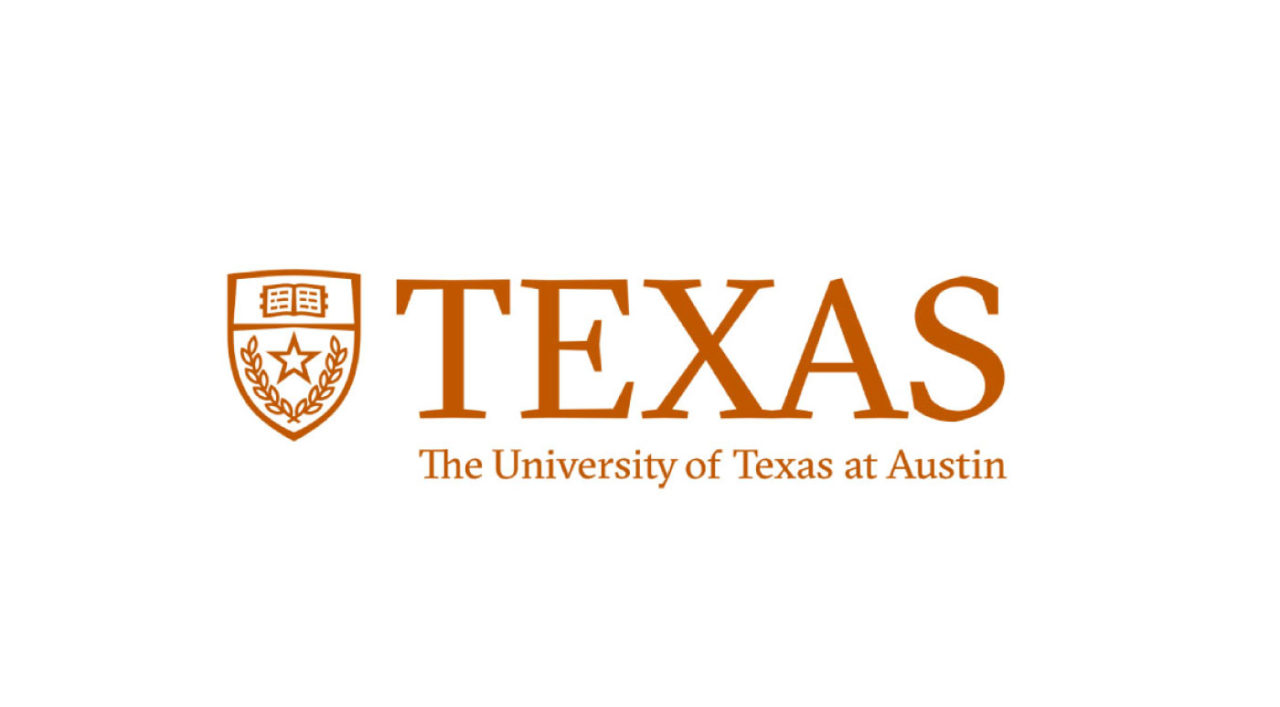
The University of Texas provides this $2,000 scholarship to a student who will be starting a post-secondary program. Students with disabilities are welcome to apply, and there is also a needs-based consideration when deciding who gets the award. What’s more, non-disabled students may apply if they intend on moving into a career that helps to improve the lives of people living with a disability. Applications need to be made by February.
Finding a College Program
Before choosing a college program, think about what you need or want from a university campus. Do you want to stay close to home and your local support network, or would you be comfortable being further away from home? Do you need the option to live alone without a roommate on campus, or are you less selective about the people that you may end up living with? These questions will narrow the list of institutions that you have to choose from.
You can look at specific institutions’ websites and review the information they have on courses and programs, or order a college prospectus. Alternatively, you could simply use search engines like Google to search for the type of program you’re interested in, then research the colleges and universities that offer them. Or, you could check out our list of the best colleges for students with autism that we’ve listed below. The 25 institutions on our list all offer some form of customized support for autism, which will help you to have the best chance at succeeding in your classes.
Autism-Specific Support at College
Schools with specialist support for autism are out there if you know where to look. With the unique challenges that you’ll face at college, it makes sense to identify the institutions that offer such support, so that you have the best chance of succeeding. While these programs typically charge an additional fee on top of the cost of your tuition, that charge usually goes toward resources such as:
- Designated peer mentors or coaches who are on-hand to provide advice or signpost services that can benefit you;
- Weekly or bi-weekly sessions designed to make sure that you’re keeping up with your workload and managing your personal or social life on campus;
- Additional study modules and workshops that help you to develop important life skills, such as independent living, socialization, organization and planning, and career preparation;
- Customized social activities and outings for you and other students with disabilities, which further help to develop the skills outlined above.
Best Schools for Students With Autism
You may be wondering how to find a college or university that offers additional support for you as a student with autism. There are hundreds of institutions across the U.S. to choose from, but not all of them offer specialized programs and classes for those with learning disabilities—and of those that do, some are more extensive.
Maintaining a close support network is important when you’re going to a new place, especially to a busy college campus, so it’s important to find a college or university that is prepared to offer the support that students with autism might need. So, we’ve rounded up 25 of the best schools for students with autism and listed them below. We have listed them in ascending order of tuition price—though bear in mind that in most cases, the autism-specific programs have an additional enrollment fee attached, which you’ll need to pay to gain access to the services.
1. Bellevue College, WA

This institution runs an Autism Spectrum Navigators (ASA) curriculum that provides supplementary college classes. These classes improve personal skills like independent living and career readiness. Peer mentors are on-hand to provide you with any extra help you need navigating campus life.
2. University of West Florida, FL
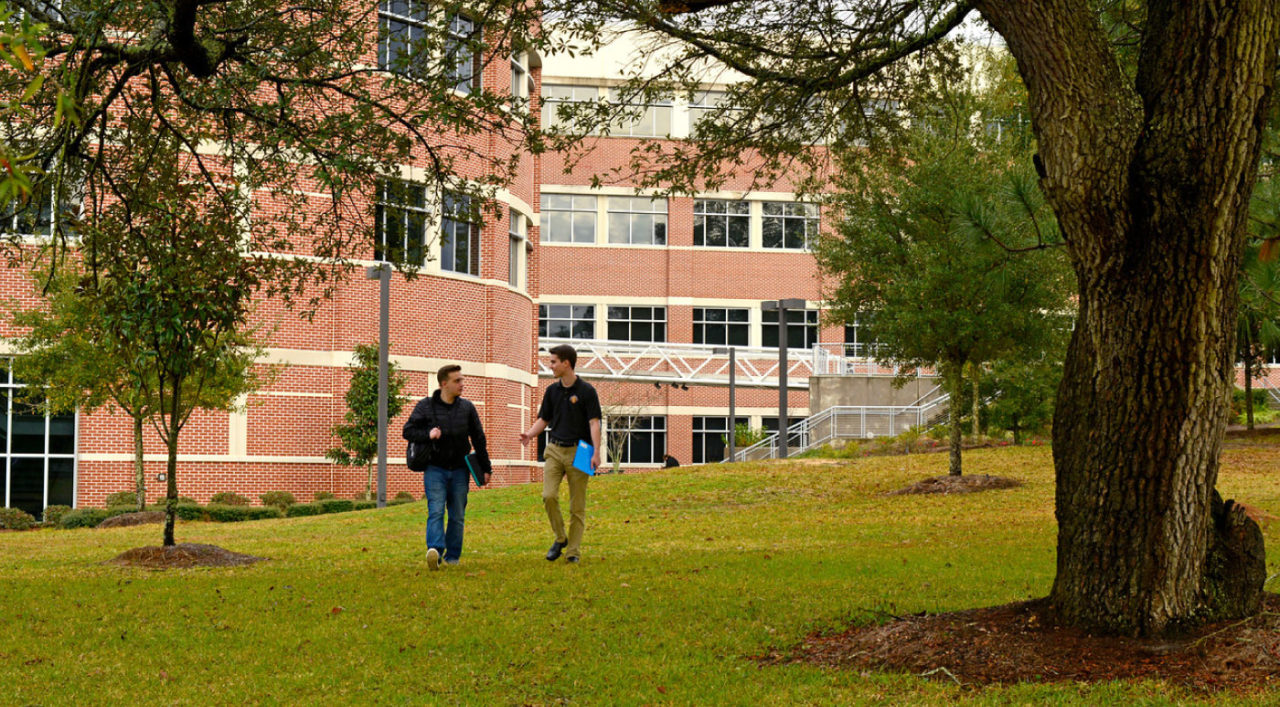
The Argos for Autism program at this university assigns coaches to each student with autism as part of the program. Career coaching and academic study support is made available, plus you can even move into your dorm early to adjust to the campus. This is useful if you find it hard to handle change to routine and environment. Activities are provided, too.
3. Marshall University, WV
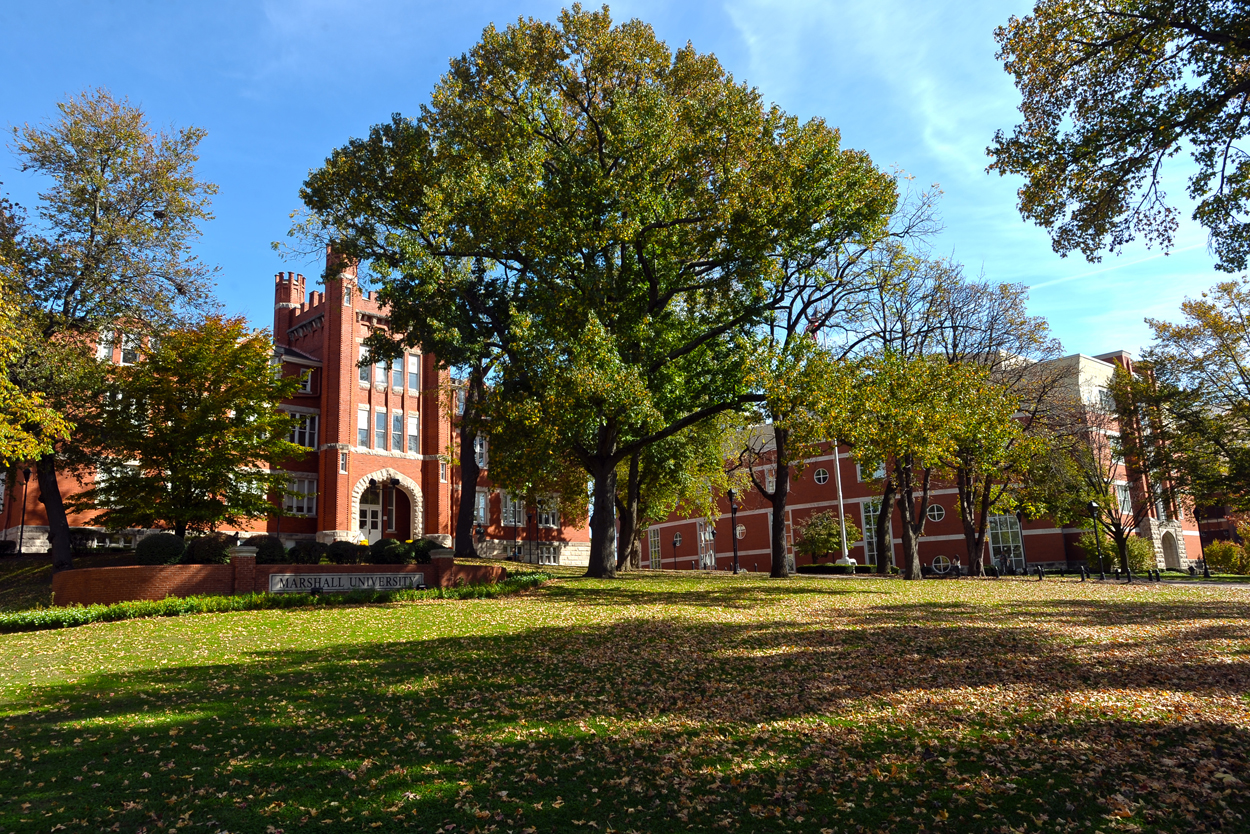
The Autism Training Center was built for students with autism who are studying at Marshall University. While expensive, you’ll be given routine support meetings with your own personal advisor. They’ll help you to create and hit goals, while connecting you to activities that will help build your social skills.
4. Midwestern State University, TX
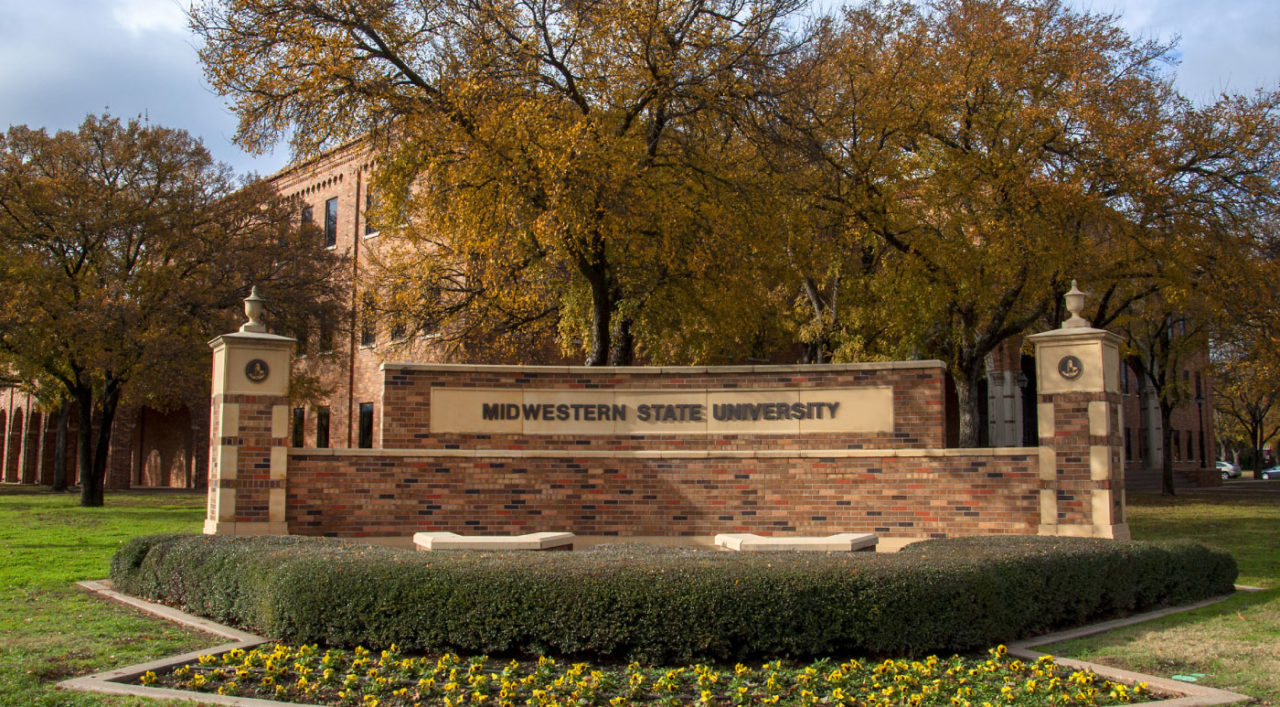
At Midwestern State University, you can choose to live separately from the other students on campus. Their designated housing features live-in peer mentors that will help you develop important skills to live independently and manage your workload effectively. They can also connect you to other important autism support resources across the campus. If you’re dubious about the idea of living with strangers on campus, then this could be ideal for you.
5. Eastern Michigan University, MI
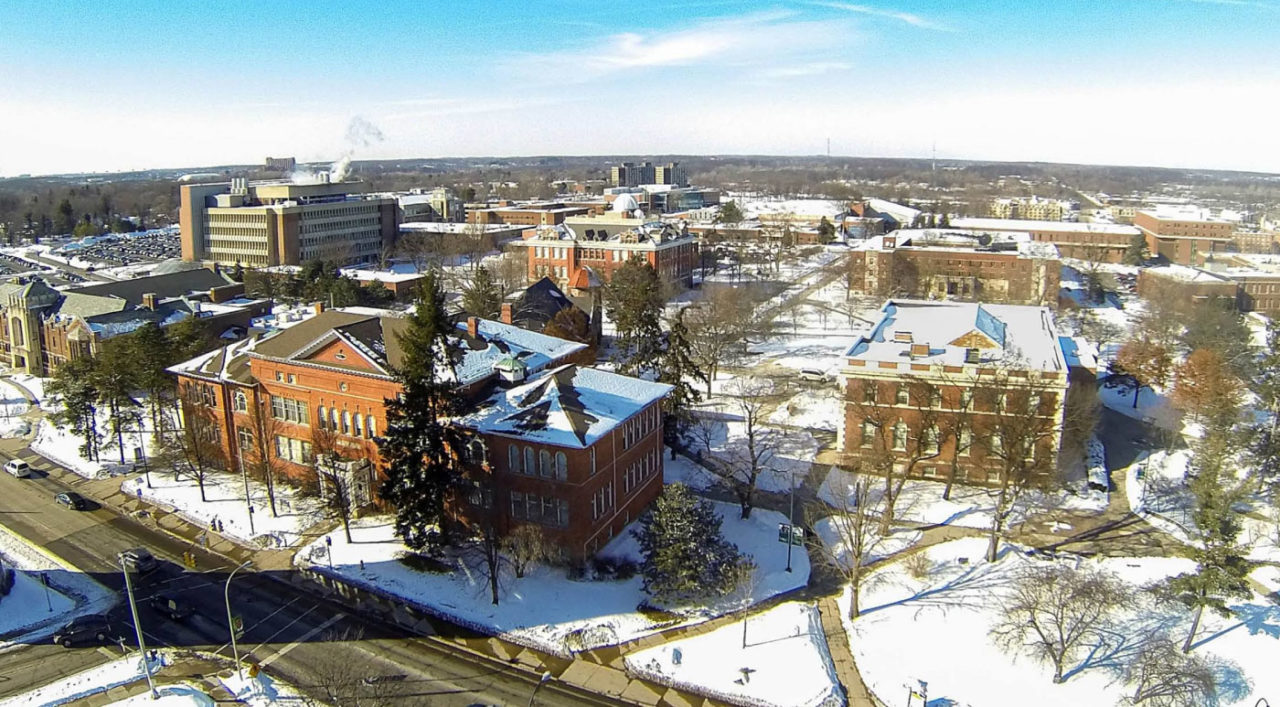
Eastern Michigan University’s autism support program is the College Supports Program and it teaches all the same important skills listed above, as well as time management, planning and organization. If you need additional help with personal skills like healthy eating and personal hygiene, these are also an option. Counselors are also available, plus you can get support from senior students with autism who have been through the same transition to campus life.
6. University of South Florida, FL
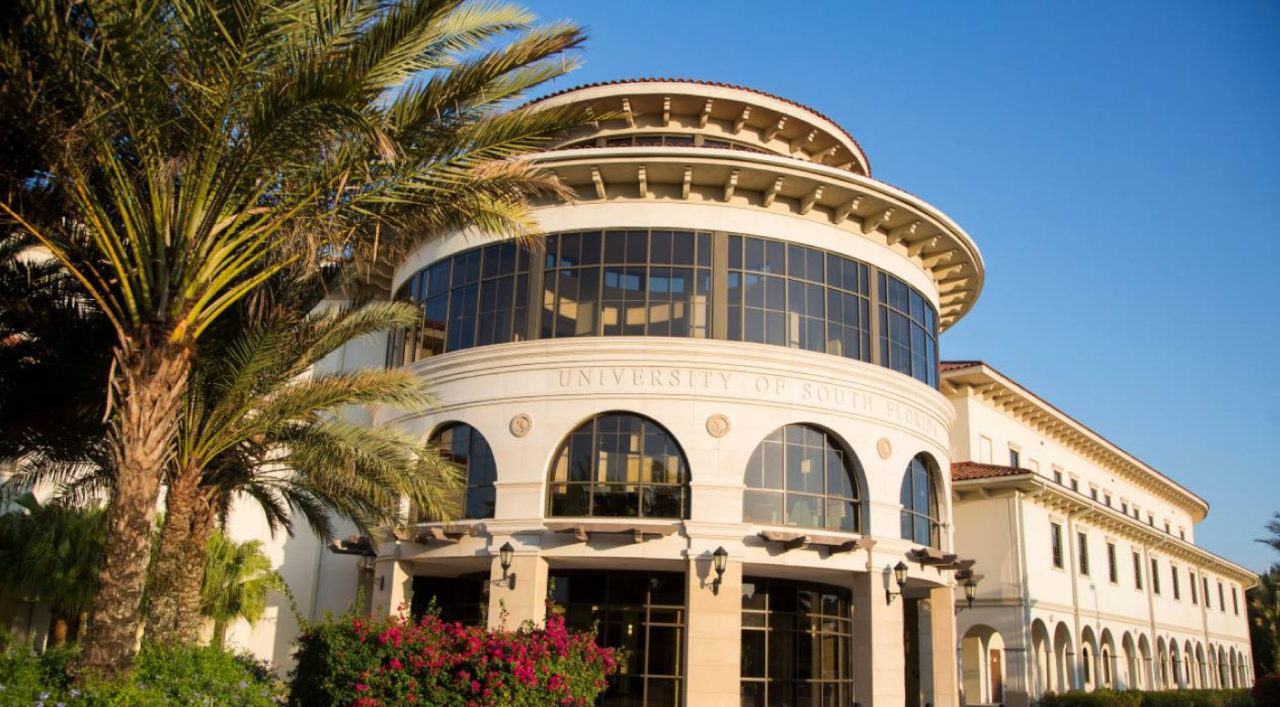
This autism program isn’t residential, but there are many classes available and you won’t need to be an enrolled student to take part. These classes focus on things like career development and self-reflection. You’ll take part in group discussions and other activities like role plays to help develop your social abilities and other personal skill sets.
7. Kent State University, OH
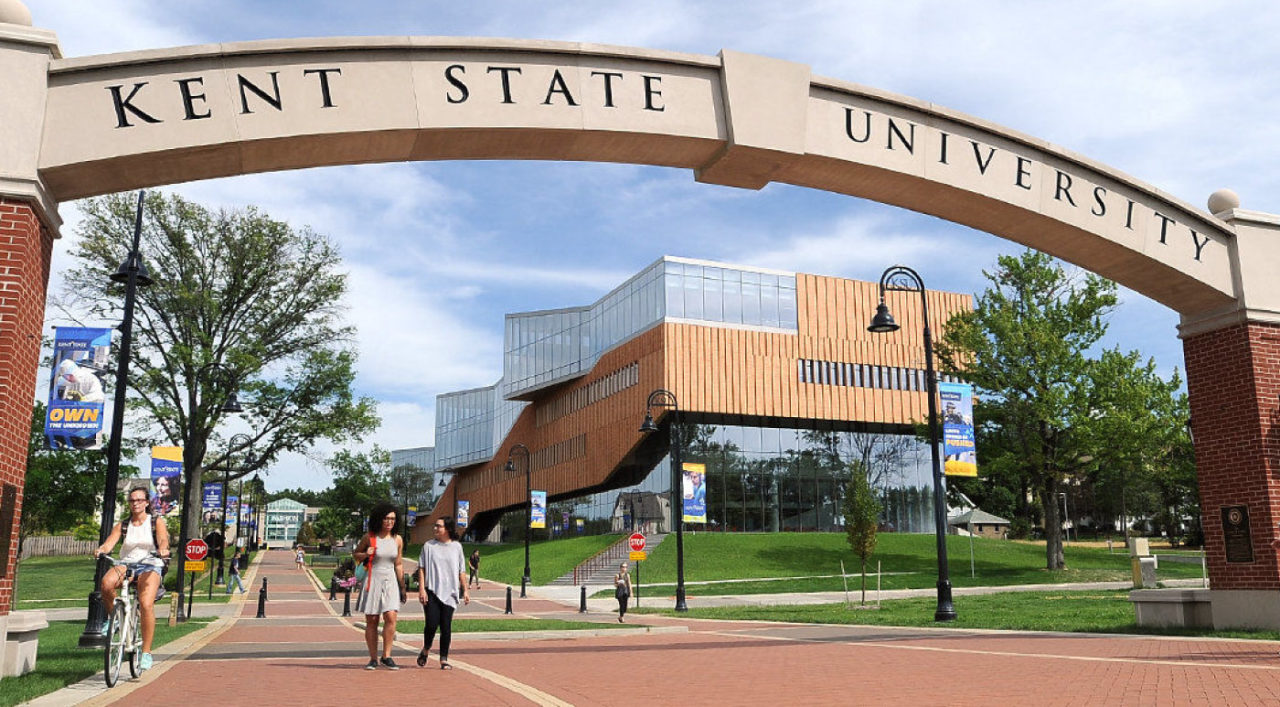
When you attend Kent State University, you may enroll in the Autism Advocated Program or College Success for Students with Asperger’s or Autism Program. The first teaches personal and academic skills critical for college success, while the latter program offers career assistance and self-advocacy. There is also a third program, Partnering for Achievement and Learning Success (PALS) that pairs you up with a non-disabled student so that you can work on improving your social skills.
8. Western Kentucky University, KY
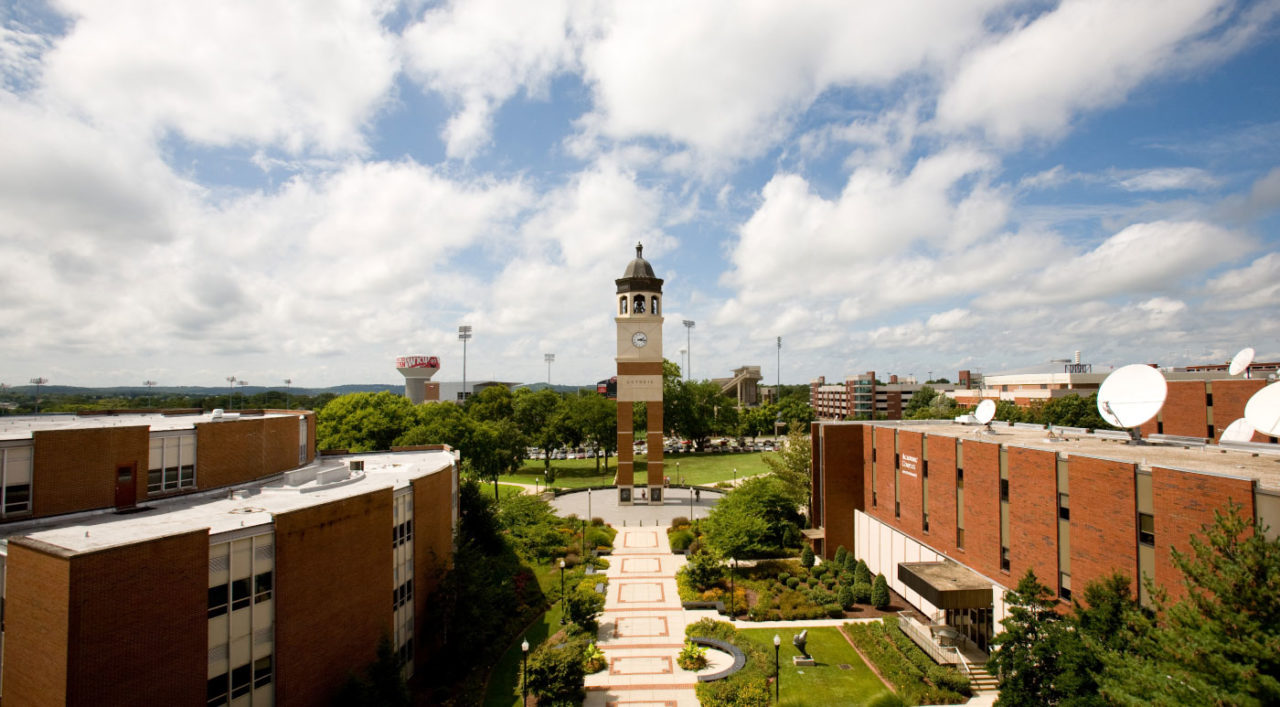
The support program for students with autism at Western Kentucky University provides a personalized plan for your time on campus. You’ll be assigned a mentor who will help you to come up with your plan, as well as show you how to manage your prioritization and organization skills. It’s a fairly busy program, with four mandatory sessions each week, but you’ll benefit immensely from attending.
9. Edinboro University, PA
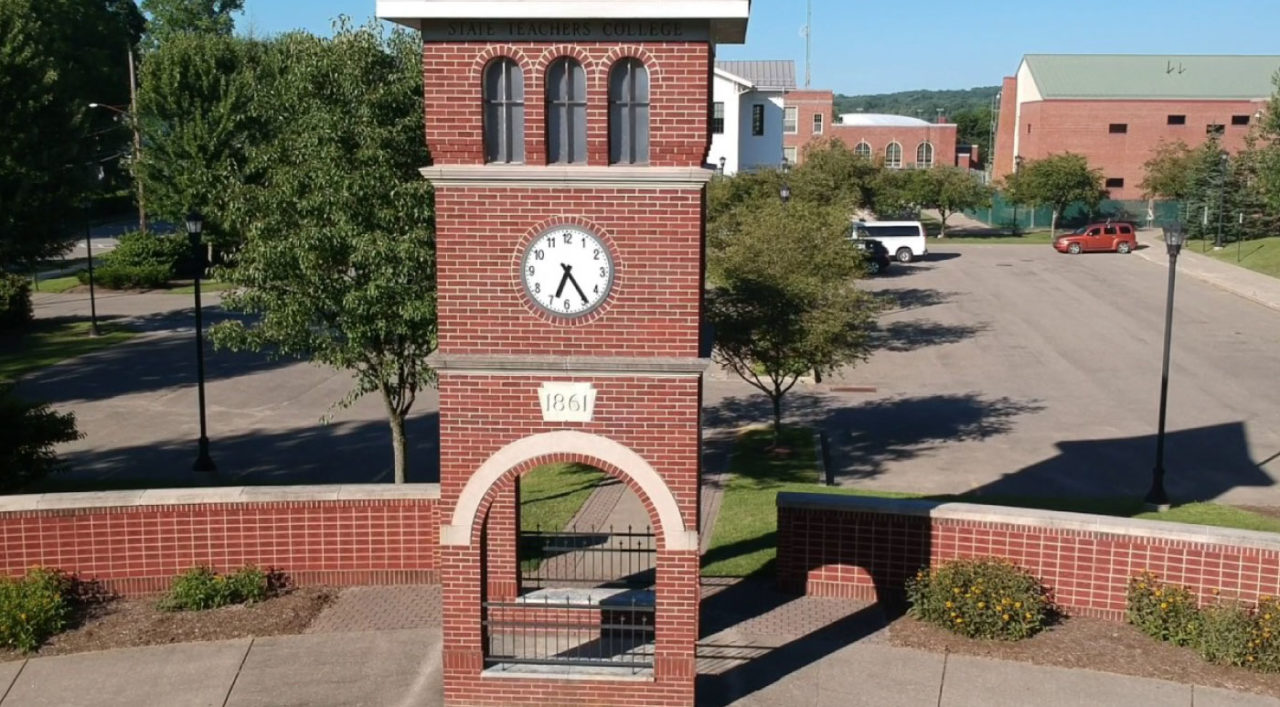
Edinboro University runs the Boro Autism Support Initiative for Success Program (BASIS), which connects you with a peer mentor and links you to professional coaches, too. Through these people, you’ll have access to certain services, including special consideration for exams and lectures. Of course, you also have access to skills training available at other university programs, like living independently, socialization skills, and so on.
10. Texas Tech University, PA
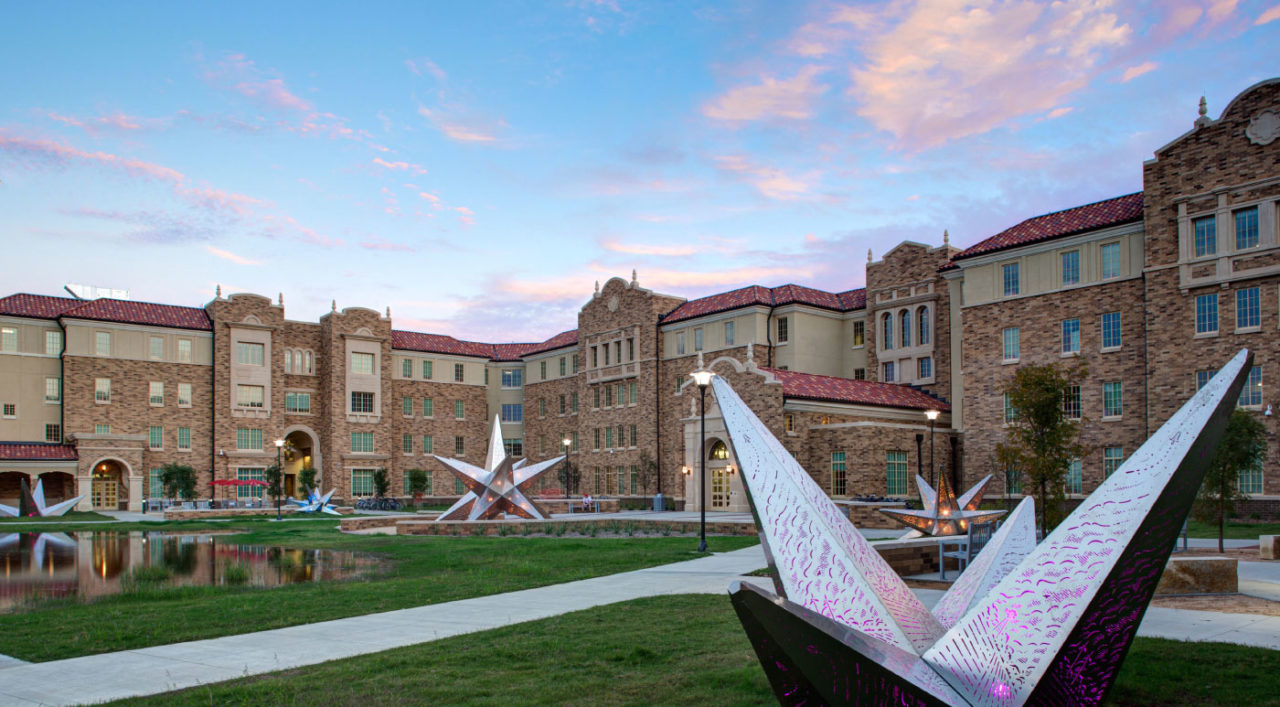
The Burkhart Transition Academy is the hub for autism support at Texas Tech University, with special skills training and career preparation. Like a limited number of the institutions on this list, they also provide things like nutrition advice, personal hygiene advice, and fitness classes. Outside of the classroom, there are regular events that are geared towards increasing awareness around autism in the community, which you can take part in.
11. University of Alabama, AL

The University of Alabama has a program known as the College Transition and Support Program, which does exactly what it says. You’ll have access to trained specialists like psychologists to help you manage the transition into university life. There’s a clinic on-site, which is funded by the Department of Mental Health, and staffed by experts who have worked with other students with autism for many years. All of this makes for highly-specialized support for you while studying at the university.
12. Rutgers University, NJ

Rutgers University runs the DDDC (Douglass Developmental Disabilities Center) which is great for those who struggle to live with new or unknown people. This center has a number of options for accommodation, one of which allows you to live in a single room by yourself, as opposed to with a roommate. You’ll be supported through weekly meetings with a mentor, who will help connect you to key services across campus. They’ll also help you find clubs and other social activities that will help with your personal development.
13. University of Connecticut, CT
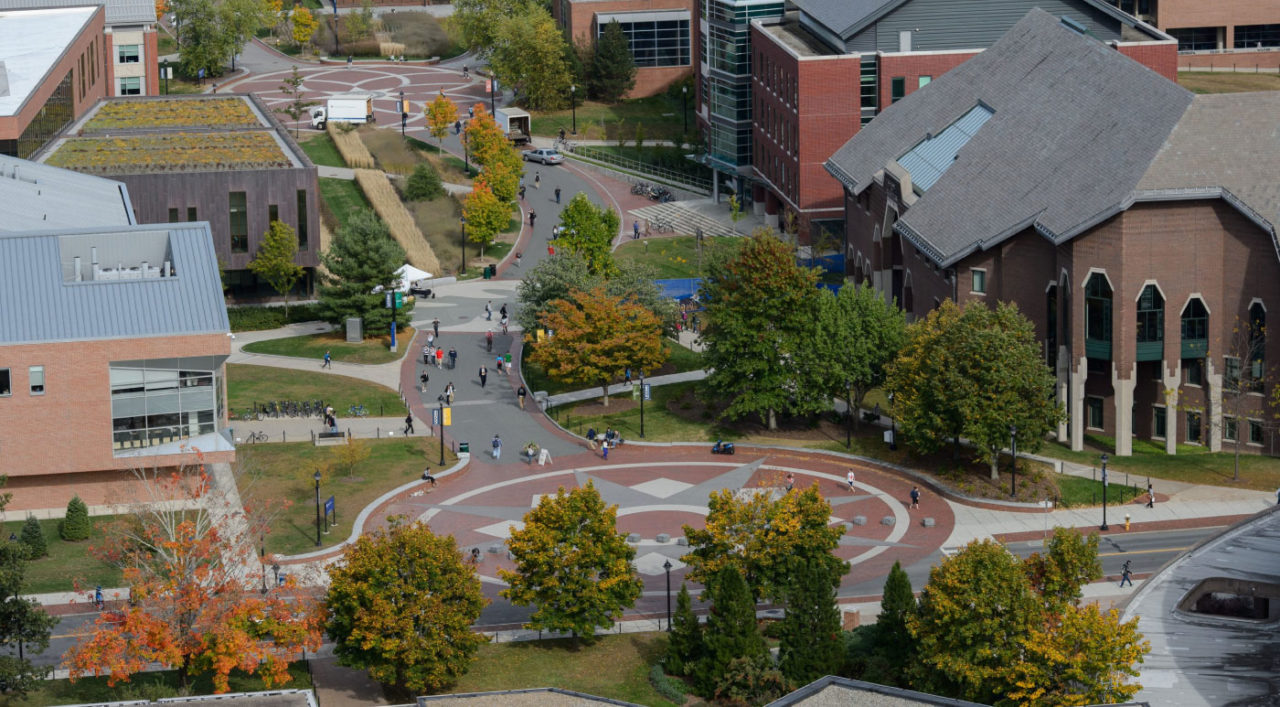
The University of Connecticut runs the Strategic Education for Students with Autism Spectrum Disorder program, which puts a support system in place for students with autism. The program has a number of key faculty members that will help you with your academic and personal development right from the beginning. You’ll gain experience with key skills like career preparation and socialization.
14. Western Michigan University, MI
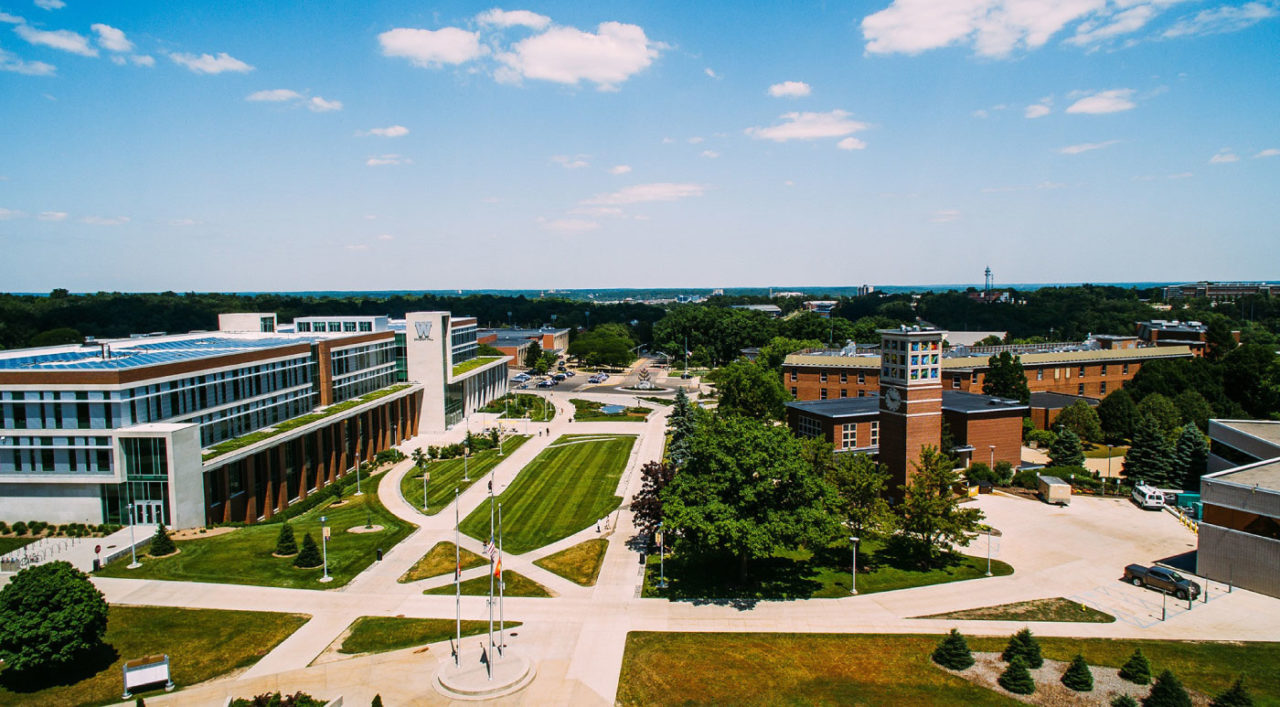
This is another institution that offers students with autism the ability to move into their campus accommodations early, so you can get familiar with the new environment before the other students arrive. Their Autism Services Center lets you start a number of weeks before the semester begins, and you’ll even get the chance to take part in activities during this time. You will, however, be expected to spend some time working part-time in a work-study role to develop your skills.
15. University of Montana, MT

The Mentoring, Organization, and Social Support for Autism Inclusion program, or MOSSAIC, combines peer mentoring, educational support, and socialization activities to introduce you to campus life. They also connect you with speech and language therapy services designed to help students who have communication problems, which are a key issue affecting many people with autism.
16. The University of Idaho, ID
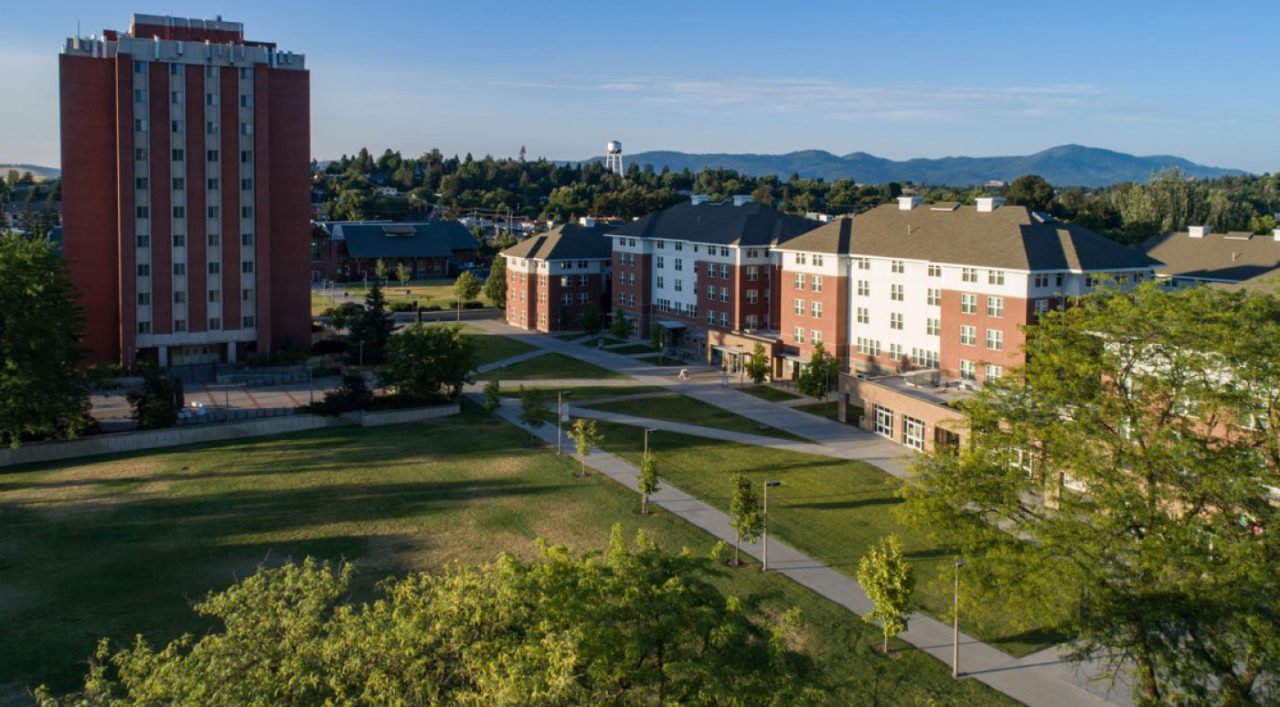
The Raven Scholars Program is home to the Autism Spectrum Alliance, which is an organization that arranges many social events and volunteering opportunities centered on autism support and awareness. They set up study groups for members of the program, as well as one-to-one mentoring that focuses on the issues you need support with. You can also meet other members of the faculty for more tailored support in particular areas.
17. Defiance College, OH
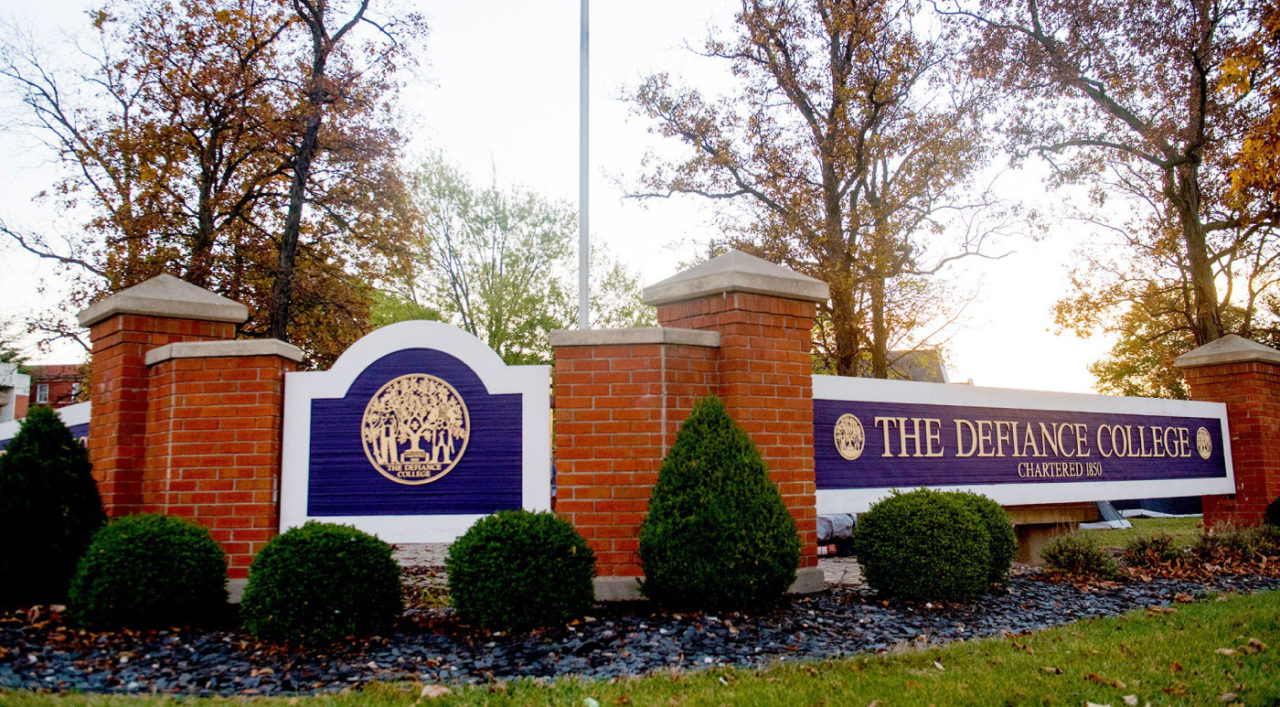
Defiance College focuses on academic achievement, residential support, and personal skill growth as its three main goals. Its program is called the ASD Affinity Program, and as an enrolled student in this program, you’ll create a personal evaluation when you start. This will help shape your progress through college and guide you in career preparation and goal setting for the upcoming years of study. You will also have access to custom-built housing with resident assistants (RAs) who support you outside of the classroom with independent living.
18. Eastern Illinois University, IL

Again, at Eastern Illinois University, you can choose to live alone rather than with a roommate. What’s more, you can move onto campus earlier than the rest of the student body. Their STEP program, or Students with Autism Transitional Education, will help you to understand the academic focus needed to pass your classes, whilst helping you develop important daily skills and improve your socialization skills. They only take on around 20 students each year, so apply early and consider attending one of their interviews to make your face familiar.
19. Loras College, IA
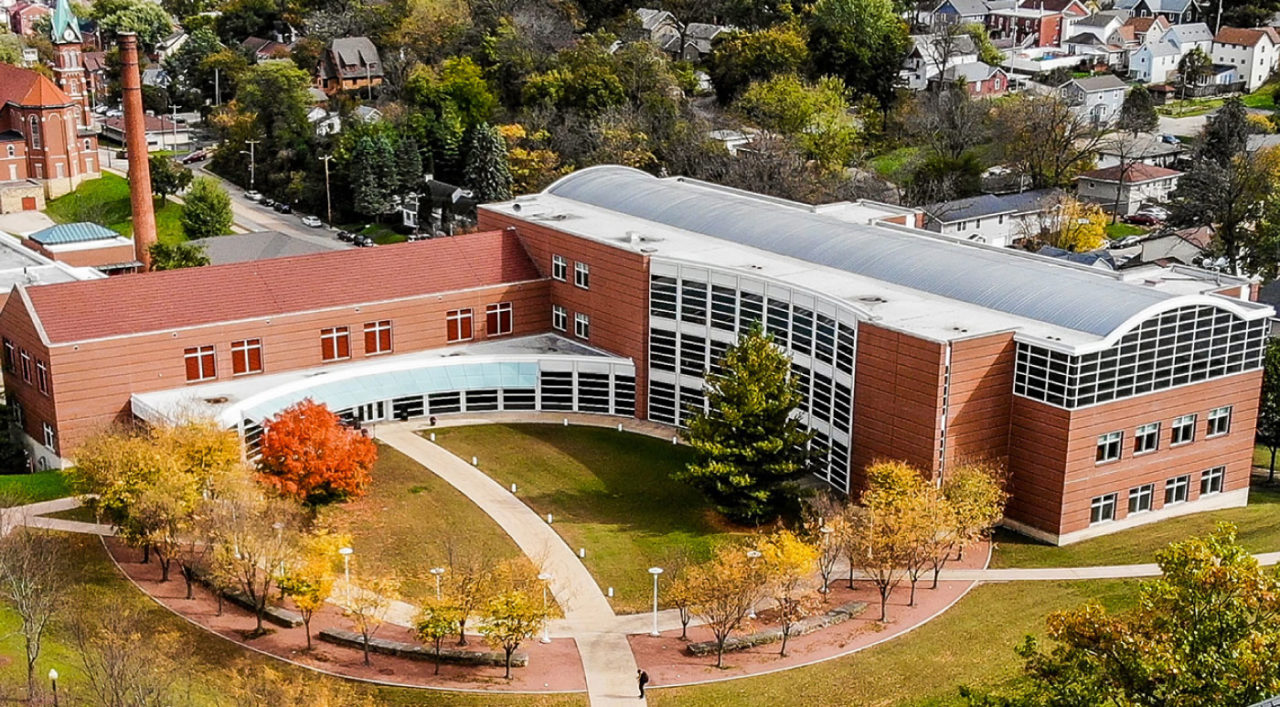
Loras College is the home of the Lync Learning Center that provides several levels of support for students with different needs. The Autism Specific Program is geared towards students with autism specifically, offering the chance to work with certified autism specialists who are members of the faculty. They’ll help you to work on your organization and planning skills, as well as help you to better manage the unique stresses that come with living on campus. They will also help you to improve your resume and prepare for a career after graduation through weekly and biweekly meetings.
20. Eastern University, PA

The College Success Program (CSP) has close ties with disability and tutoring services both on campus and in the community. The program offers support and information not only to students, but also to faculty members, helping to increase awareness around your disability. You’ll receive custom support from the staff with regular check-ins and support outside of the classroom, too.
21. Mercyhurst University, PA
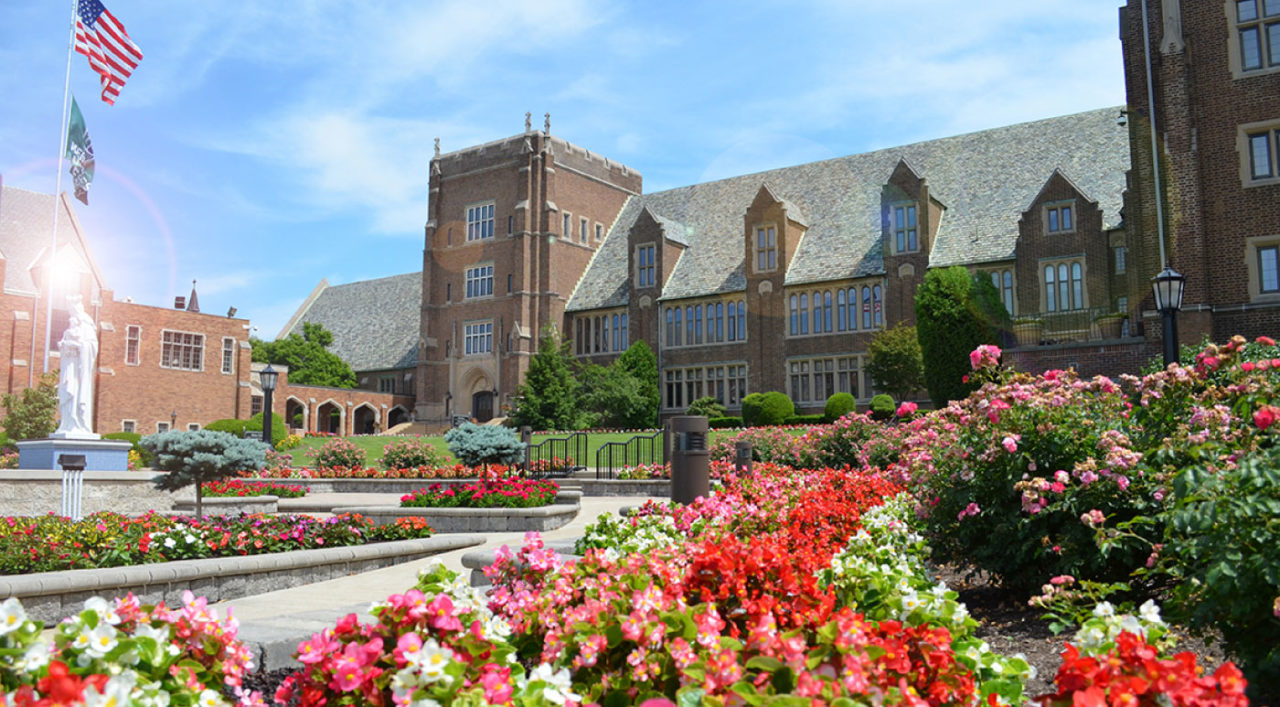
At Mercyhurst University, you can enroll in the Autism Initiative at Mercyhurst program, or AIM, which offers priority housing to students with autism, complete with live-in housing coordinators. Roommates are chosen based on an assessment of experience and social aptitude so that you are paired with like-minded students. You’ll be invited to take part in activities arranged specifically for you, as well as receive weekly assessments on your progress.
22. Saint Joseph’s University, PA
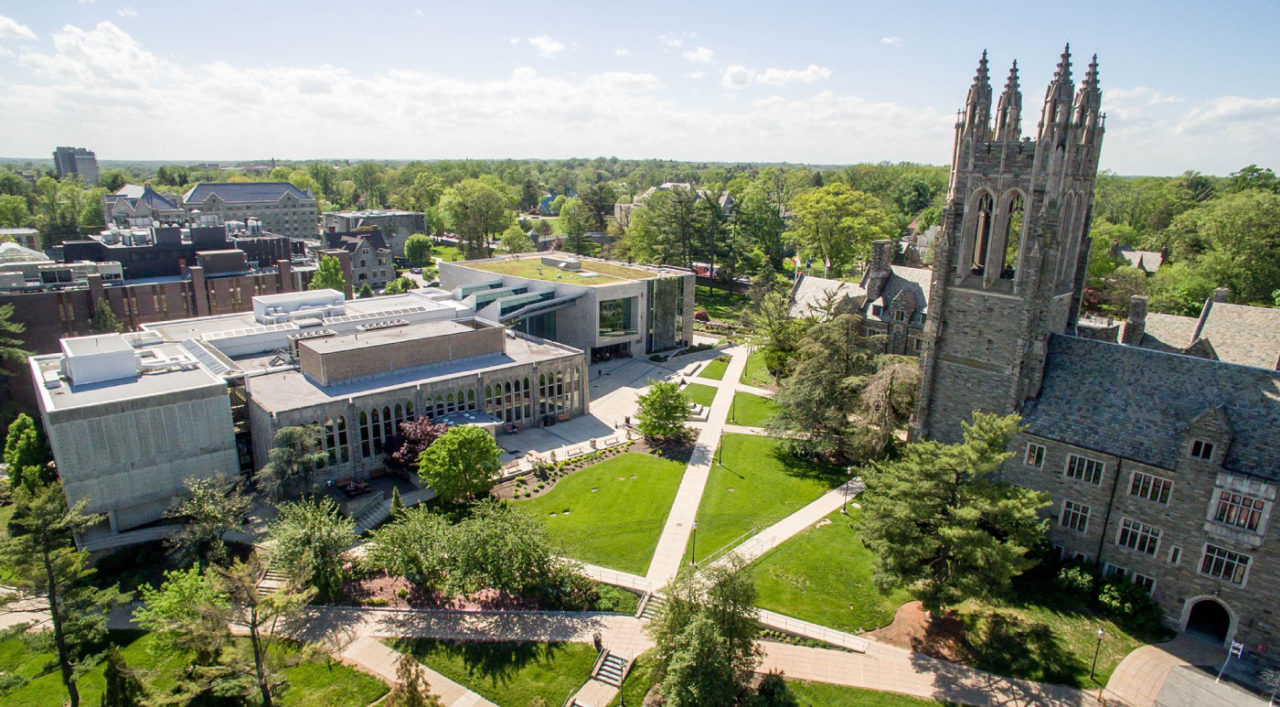
The ASPIRE autism-focused program at Saint Joseph’s offers crisis intervention and personal assessments as part of its curriculum. You’ll learn the usual skills offered by such custom-built programs, including time management, socialization, and independent living. A peer mentor will be provided to you, who will help you to develop skills, while advising you on events taking place around the campus, such as social events, clubs, and retreats.
23. Fairleigh Dickinson University, NJ
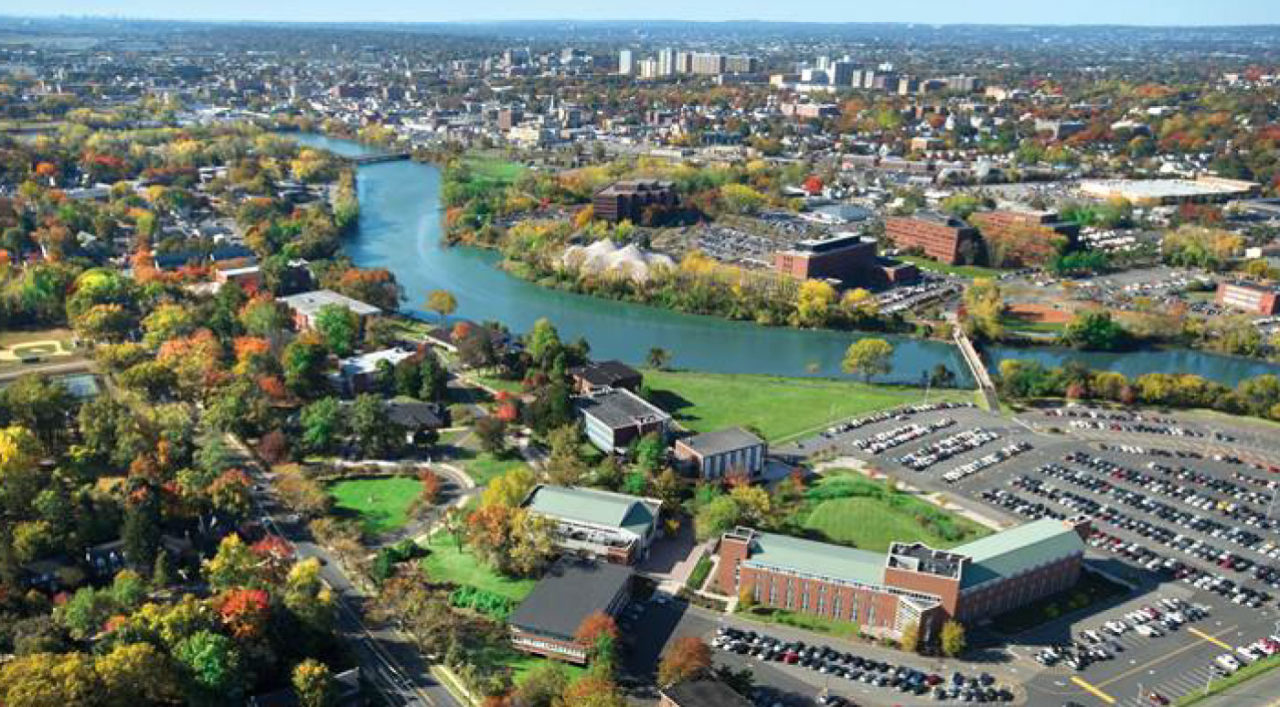
Fairleigh Dickinson has the COMPASS program available to a select number of students with autism each year. Within this program, you’ll work on your existing skills, while developing new ones, too. Ultimately, you’ll focus on growing and becoming a self-sufficient person who is capable of independent living. This is another university that offers you the opportunity to arrive on campus early and begin orientation activities so that you can adjust to your new surroundings.
24. Drexel University, PA

At Drexel University, you can apply to join the ‘Drexel Autism Support Program’ (DASP), which focuses on social inclusion and aptitude as a key skill. You’ll also develop your independent living experience so that you can adjust to life away from home and prepare to enter the world of work—part of this includes career preparation. Throughout your time on campus, you’ll have one-on-one peer mentor sessions and workshops, too.
25. Boston University, MA

At Boston University, ‘Strategic Education Services’ (SES) are put in place to help you set and achieve goals during your time on campus. You’ll receive weekly sessions to look at your progress, as well as being given links to key support services. You’ll learn new skills and develop existing ones, which will help you to better focus on your studies and integrate into student life.
Succeeding at Your College or University
The transition from high school to university life is a big change. Depending on the institution that you choose and whether you choose to live on campus, you could find yourself in a vastly different environment than you’re used to, and facing a bunch of new challenges. You may not want to completely abandon your existing support network to move across the country if you still rely on these types of services.
To stand the best chance at succeeding with the intense workload involved in a college-level course, you should make sure that the support services you need are available. Research the institutions and what they offer, and consider whether you can afford the additional costs to enroll in a custom-built program for students with autism. Look into what scholarships you can apply for, which will help to cover these additional costs.
Provided that you have the necessary support and services you need, then there’s no reason that you shouldn’t be able to succeed in not only passing your classes, but also developing other essential life skills that will prepare you for the world of work and living independently.